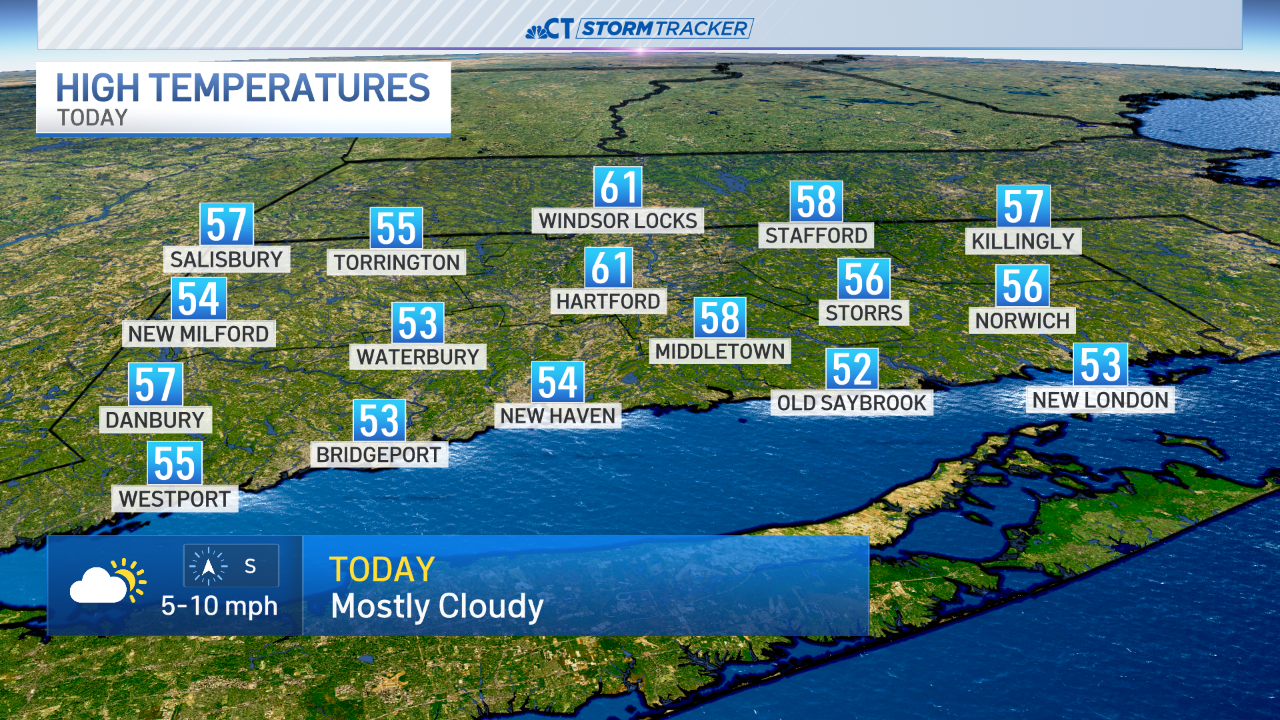Early Friday morning, President Donald Trump announced in a tweet that he and First Lady Melania Trump have tested positive for COVID-19.
This comes hours after it was announced the president's top aide Hope Hicks tested positive for COVID-19.
Dr. David Banach, an infectious disease physician at UConn Health is talking about the type of care and examination the president will likely be provided in the coming days.
Banach said medical experts will be "looking for any signs of fever, any signs of respiratory systems, coughing, breathing, those respiratory systems, because we know that they may be a sign of more severe illness or progression to more illness."
When it comes to contact tracing for someone like the president, the physician says it’s going to require a team effort and that a lot of resources are going to be needed.
While it's unclear who the president caught the virus from, Banach said locating so-called "super spreaders" can help cut down on the chances of people getting sick.
Local
"Some things we think about are the individuals that are sick, how much virus do they actually have, what is their immune system like some of those factors play into the likely hood of spreading COVID-19," Banach said. "In terms of the time frame and window, we typically look at the 48 hours prior to the onset of symptoms or for people who don’t actually have symptoms prior to the test result as that window period."
With the president being 74, he is high risk.
"Typically when we look at age above 60 and anything beyond that, the risk of severe disease increases pretty substantially," Banach said.



